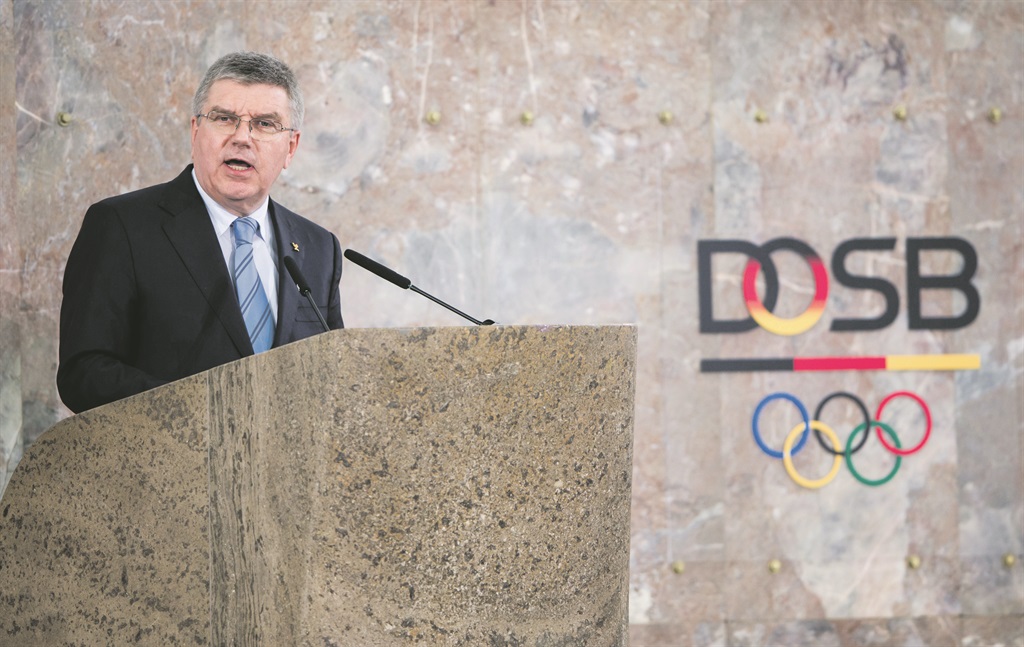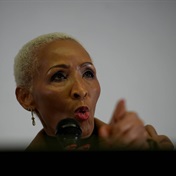
While talk of the Russian doping scandal continues, this week there was another wave of positive cases, as the International Olympics Committee (IOC) defines it, referring to the Games of Beijing in 2008 and London in 2012.
There are 45 new “sly foxes” (30 in the Chinese edition and 15 in the British one) of whom at least 23 are medal winners.
The press release only specified the number of those who enjoyed the honour of the podium in Beijing, without meriting it, but gave no detailed information on the London Games – 15 positive and that’s all.
However, these data cause the finger to be pointed more than ever at the national Olympic committees and connected federations that were probably not aware of what was happening in their teams.
There are too many cases to be casual, and many committees and federations feature several times in the list of those who’ve been given penalties.
Up to now, nothing has ever been done against the senior managers and this has been the most serious error because this impunity has allowed the choice of dishonesty in sport to continue.
The international federations are not exempt.
IOC president Thomas Bach has been trying to find a solution to the greatest and most pressing problem – Russia.
But above all, he’s worried about the future because he’ll have to manage the enormous moral crisis that has erupted.
Russia is the daughter of the sporting Soviet Union, and the cousin of the better-equipped east Germany, from where some coaches are still to be found in Europe.
However, there are many grandchildren scattered around the world so, paradoxically, hitting only Russia won’t improve the situation.
It would be a morally exemplary action that would help other lawbreakers to hide and be recycled yet again.
It is now necessary to analyse the data more thoroughly and to expel without mercy the officials who knew about the athletes who were doping and did nothing to stop this cancer.
In 2008, the 30 doping athletes competed in four sports and came from eight different national Olympic committees while, in 2012, 15 athletes competing in two sports represented nine countries.
The first wave unmasked 30 individuals in Beijing from 12 countries and six sports, and another 23 in London from six countries and five sports.
In total, there are 98 new guilty parties.
The third wave, planned for during the Rio Games, and the fourth one, immediately afterwards, are still to come.
If statistics are a reliable science, we could think that, in the end, there may be almost 200 cheats caught red-handed.
An incredible number. How many of these will be medal winners?
It could be the great majority because the new tests, with more sophisticated machinery, are targeting them.
A total of 454 test tubes from Beijing and 265 from London were retested in the first wave giving, respectively, 30 and 23 positive results.
Assessing these numbers, it seems that, in percentage terms, the London Games were dirtier than Beijing 2008.
In the second wave, 386 test tubes from Beijing and 138 from London were reanalysed, with another 30 and 15 positive results, respectively.
Also in this case, it seems that, in percentage terms, the vice of cheating was more prevalent in the British capital.
The World Anti-Doping Agency hasn’t yet disclosed the details of how those retested were chosen.
Some had undoubtedly already been in the investigators’ sights for some time, but the great difference in the research carried out in Beijing and that in London grates a bit – a total of 840 versus 403.
Perhaps this difference will be annulled in the next two waves to avoid nurturing new doubts.
There will be a precise idea of this when the procedures and the list of all the athletes under investigation are made known.
. Merlo is AIPS president and this article appeared on the AIPS website




 Publications
Publications
 Partners
Partners








